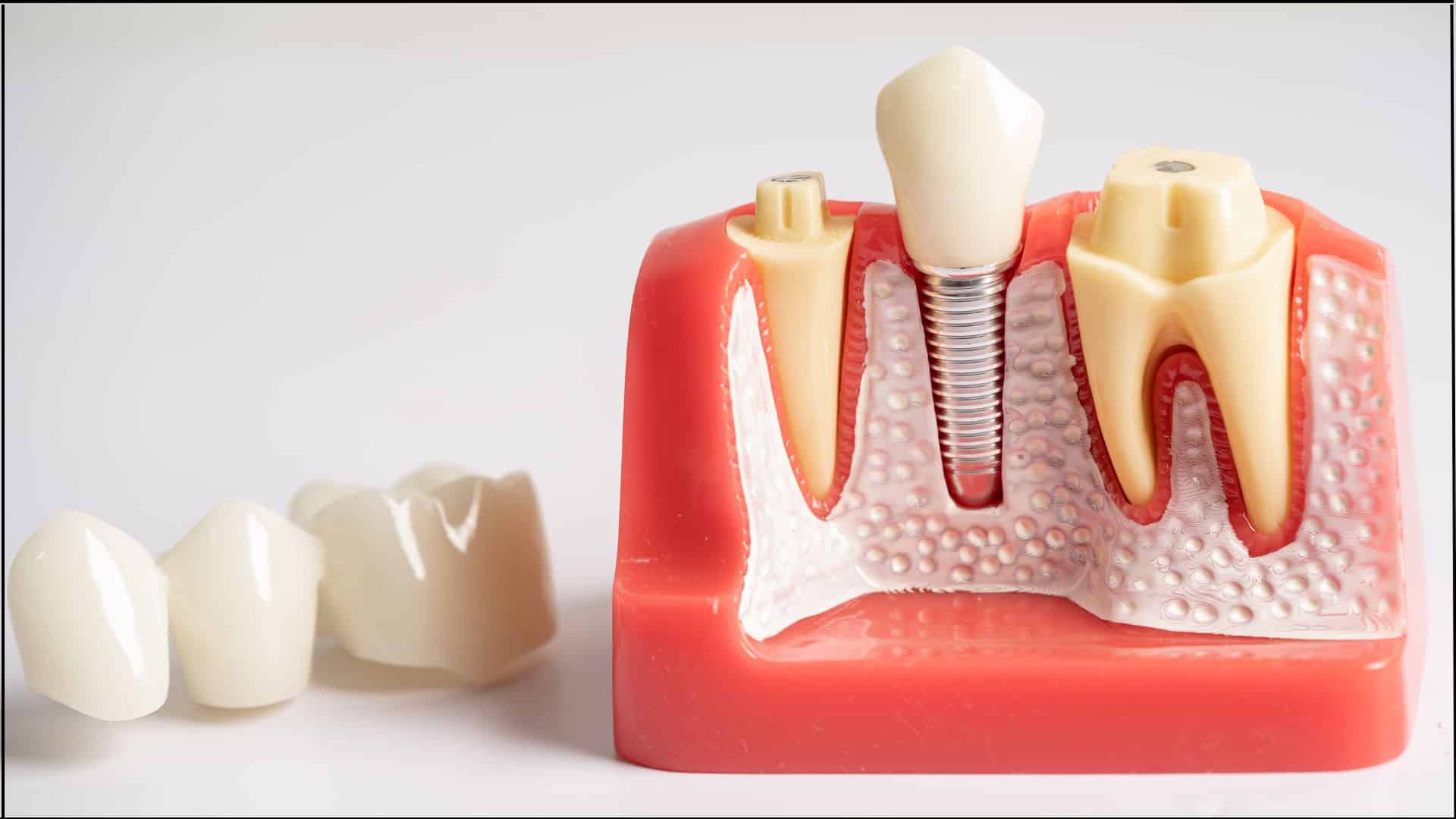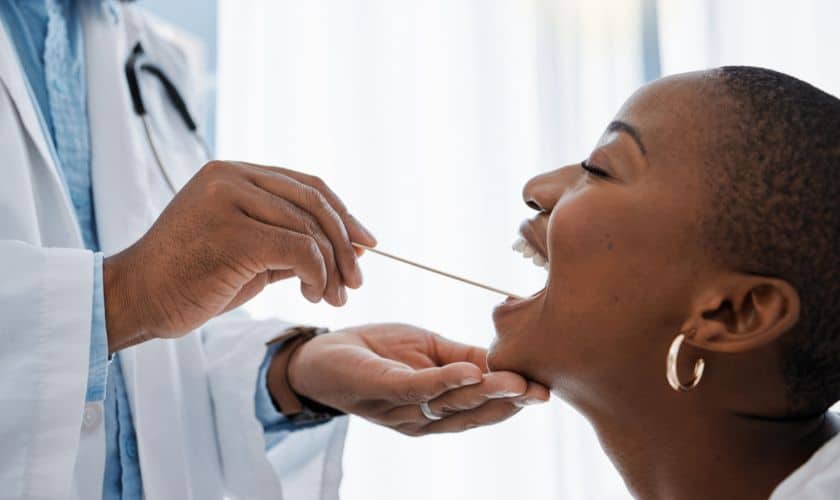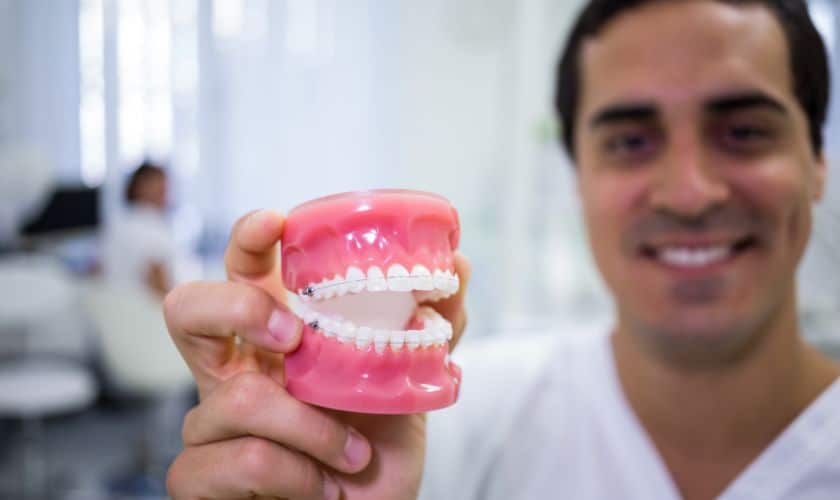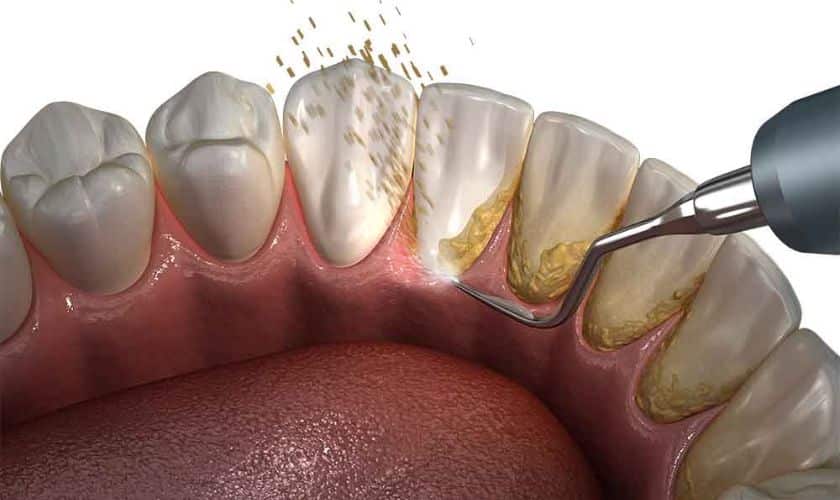
July 25, 2023
Dental emergencies can happen at any time and it’s crucial to know when you should seek immediate attention. Whether it’s a severe toothache, a broken tooth, or an injury to your mouth, understanding the signs that require emergency dental care is essential for your oral health and overall well-being. In this article, we will explore what qualifies as a dental emergency and provide preventive measures to help you avoid these situations whenever possible. So sit back, relax, and let’s dive into the world of emergency dentistry together!
What is Emergency Dentistry?
Emergency dentistry refers to the specialized branch of dental care that deals with urgent and immediate dental issues. While regular dental visits are important for preventive care, emergency dentistry focuses on addressing sudden and unexpected oral health problems. When it comes to emergencies, time is of the essence. Dental emergencies can include severe toothaches, knocked-out teeth, broken or fractured teeth, abscesses or infections in the mouth, severe gum bleeding, and injuries to the soft tissues of the mouth.
One common type of dental emergency is a severe toothache. This could be a sign of an underlying issue such as an infection or decay that has reached the nerve of the tooth. If you experience intense pain in your tooth that persists or worsens over time, it’s crucial to seek immediate attention from an emergency dentist. Another situation requiring emergency dental care is when a tooth gets knocked out due to trauma or injury. In this case, time plays a critical role in saving your natural tooth. It’s important to handle the dislodged tooth carefully by holding it by its crown (the top part) and avoiding touching its roots. Rinse off any dirt with water if necessary but do not scrub or remove any attached tissue fragments.
In some instances, broken or fractured teeth may occur due to accidents while playing sports or biting down on hard objects unexpectedly. These situations often cause immense pain and require prompt professional intervention. Abscesses or infections in your mouth should also not be ignored as they can lead to serious complications if left untreated. Signs such as swelling around your gums accompanied by throbbing pain should alert you to seek immediate help from an emergency dentist. Remember that these examples are just some situations where seeking emergency dental care is crucial; there may be other scenarios where prompt treatment becomes necessary for maintaining optimal oral health.
What Are The Signs You Should Seek Emergency Dental Care?
It’s important to pay attention to the signs that indicate you may need emergency dental care. Ignoring these signs could lead to further complications and discomfort down the line. Here are some key indicators that should not be ignored:
- Severe Tooth Pain: If you’re experiencing intense, persistent tooth pain that doesn’t subside with over-the-counter pain medication, it may be a sign of an underlying issue such as a cavity or infection.
- Swelling or Abscess: Swelling in the face, gums, or jaw can indicate an infection that needs immediate attention from a dentist. An abscessed tooth is a serious condition and shouldn’t be taken lightly.
- Bleeding Gums: While minor bleeding during brushing or flossing is common, excessive bleeding could point toward gum disease or even an injury that requires prompt treatment.
- Loose Teeth: Adult teeth should never feel loose; if they do, it could signify gum disease or trauma to the mouth and should be addressed immediately.
- Broken or Knocked-Out Tooth: Accidents happen, but when a tooth gets fractured or knocked out entirely, time is of the essence for successful reattachment – seek emergency dental care right away!
Preventive Measures For Emergency Dental Care
Taking proper care of your oral health is essential to prevent emergency dental situations. Here are some preventive measures you can take to avoid dental emergencies:
1. Maintain a good oral hygiene routine
Brush your teeth twice a day for two minutes each time and floss daily. This helps remove plaque buildup, preventing tooth decay and gum disease.
2. Visit your dentist regularly
Regular dental check-ups allow early detection of any potential issues before they become emergencies. Your dentist can also perform professional cleanings to remove tartar and plaque that regular brushing may miss.
3. Wear protective gear during physical activities
If you participate in contact sports or other high-risk activities, it’s important to wear mouthguards or helmets to protect your teeth from injury
4. Avoid using your teeth as tools
Don’t use your teeth to open packages or bite on hard objects like pens or ice cubes, as this can lead to chipped or cracked teeth.
5. Be mindful of what you eat and drink
Limit sugary foods and drinks that contribute to tooth decay. Opt for a balanced diet rich in fruits, vegetables, lean proteins, and dairy products that promote strong teeth and gums.
6. Address dental issues promptly
If you experience any symptoms such as tooth pain, sensitivity, bleeding gums, or loose fillings/crowns, don’t ignore them! Seek prompt dental care before the situation worsens into an emergency.
Conclusion
Knowing when to seek emergency dental care is crucial for maintaining your oral health and preventing potential complications. Whether you are experiencing severe pain, swelling, or have suffered a dental injury, it’s important not to ignore these signs. Remember that prompt action can make a significant difference in the outcome of your dental emergency. Remember to stay calm in any dental emergency situation and reach out for professional help immediately. Your oral health is essential, so prioritize seeking timely treatment from an experienced dentist who specializes in emergency dentistry.
Recent Posts

Top Benefits of Using a Sedation Dentist in the Portland Area

Missing Teeth? How Dental Implants Can Restore Your Smile

Oral Cancer and Dental Professionals: The Frontline of Defense

Fresh Breath Quest: Knowing When to Seek Dentist Help for Bad Breath

